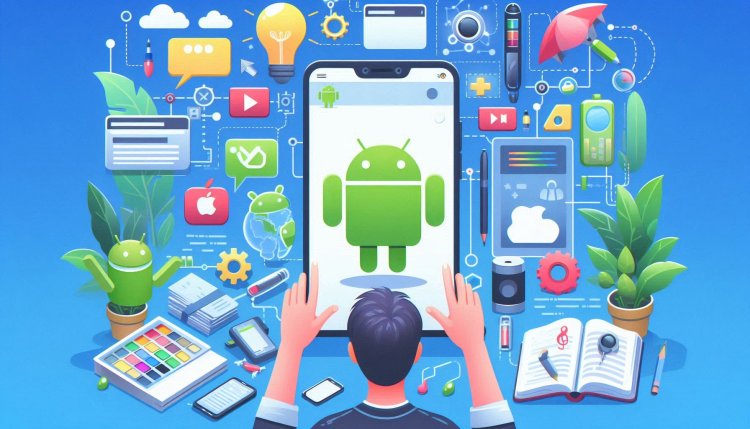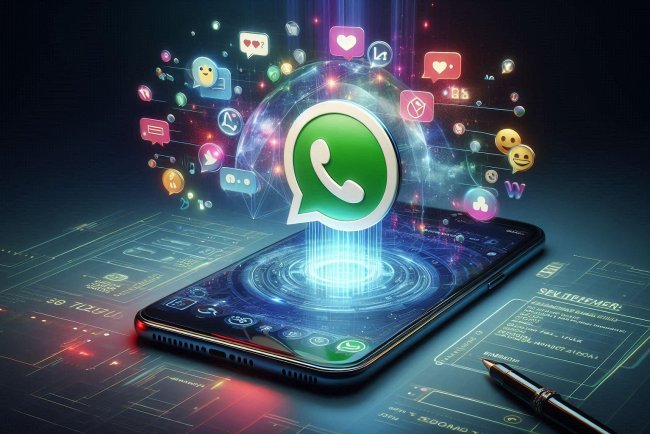Beginner’s Guide to Mobile App Development: Android vs iOS
A comprehensive comparison of Android and iOS app development for beginners, exploring key differences and considerations for building mobile apps.

Beginner's Guide to Mobile App Development: Android vs iOS
Mobile app development is a rapidly growing field with two major platforms dominating the market: Android and iOS. If you are a beginner looking to get started in mobile app development, it can be overwhelming to choose between these two platforms. In this guide, we will compare Android and iOS development to help you make an informed decision.
Android Development
1. Programming Language: Android apps are primarily developed using Java or Kotlin. Java is a popular programming language with a large community and extensive resources available for beginners. Kotlin, on the other hand, is a newer language that is gaining popularity for its modern features and ease of use.
2. Development Tools: Android Studio is the official integrated development environment (IDE) for Android app development. It provides a comprehensive set of tools for designing, building, and testing Android apps. Android Studio also includes an emulator to test apps on different virtual devices.
3. Market Share: Android has a larger market share than iOS, making it a popular choice for developers looking to reach a wide audience. The Google Play Store is the official app store for Android apps, where developers can publish their apps for users to download.
iOS Development
1. Programming Language: iOS apps are primarily developed using Swift, a programming language developed by Apple specifically for iOS, macOS, watchOS, and tvOS development. Swift is known for its safety features and modern syntax, making it a popular choice among iOS developers.
2. Development Tools: Xcode is the official IDE for iOS app development. It offers a range of tools for designing user interfaces, writing code, and testing apps. Xcode also includes an iOS simulator for testing apps on different iOS devices.
3. Market Share: iOS has a smaller market share compared to Android but is known for its loyal user base and higher app revenue. The Apple App Store is the official app store for iOS apps, where developers can publish their apps for users to download.
Choosing Between Android and iOS
When deciding between Android and iOS development, there are a few factors to consider:
1. Target Audience: Consider the demographics of your target audience. If you are targeting a global audience or users in developing countries, Android may be the better choice due to its larger market share. If you are targeting users in developed countries or have a specific niche audience, iOS may be more suitable.
2. Monetization: Consider how you plan to monetize your app. Android users are less likely to pay for apps compared to iOS users, but Android apps can generate revenue through in-app advertisements. iOS users, on the other hand, are more willing to pay for premium apps and in-app purchases.
3. Development Costs: Consider your budget and resources for app development. Android development tends to be more cost-effective as it supports a wide range of devices and does not require expensive hardware for testing. iOS development, on the other hand, may require investing in Apple hardware for testing.
Conclusion
Both Android and iOS offer unique opportunities for mobile app developers, and the choice between the two platforms ultimately depends on your goals, target audience, and resources. As a beginner, it is recommended to start with one platform and gain experience before expanding to the other platform.
Whether you choose Android or iOS development, there are plenty of resources available online to help you get started, including tutorials, documentation, and developer communities. Take the time to familiarize yourself with the platform of your choice and start building your first mobile app!
Remember, mobile app development is a continuous learning process, so don't be afraid to experiment, learn from your mistakes, and keep improving your skills. Good luck on your mobile app development journey!
What's Your Reaction?

















